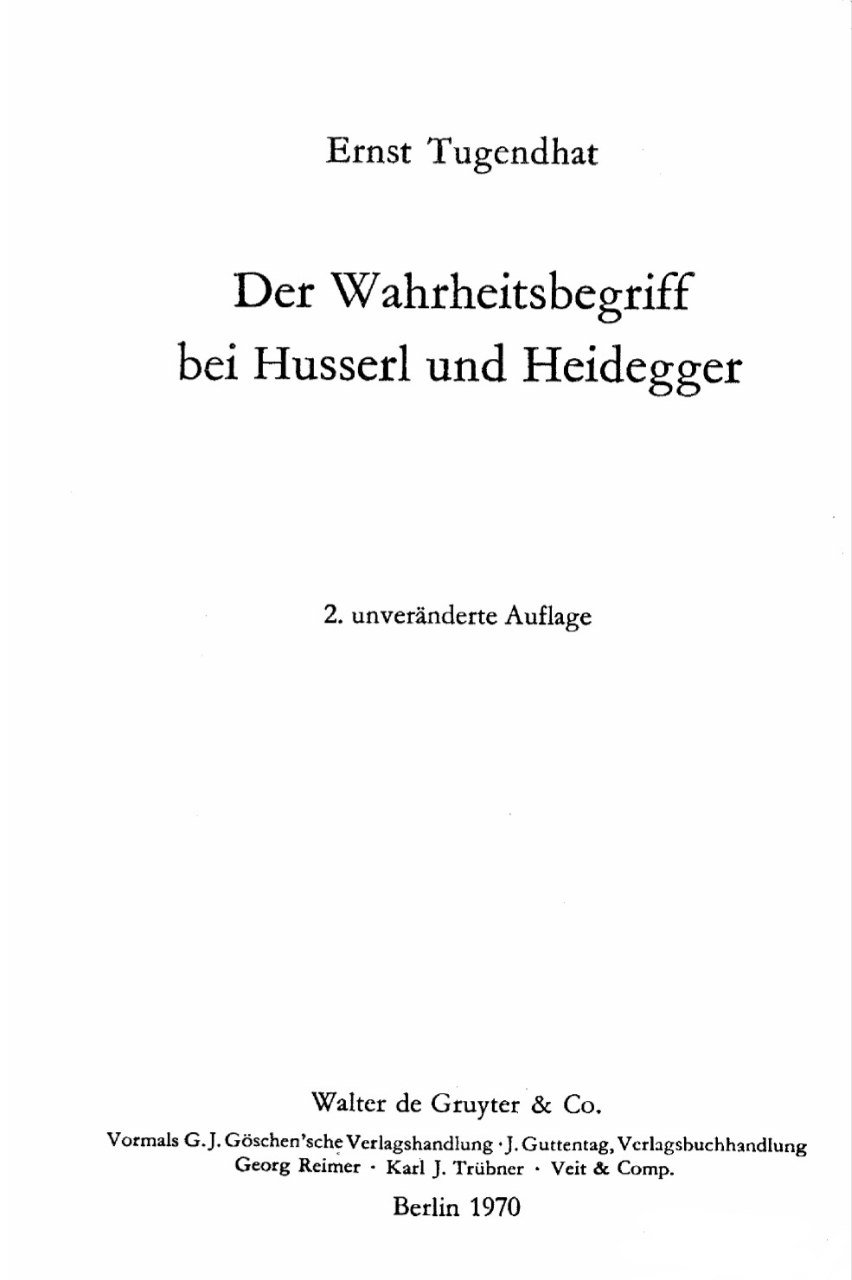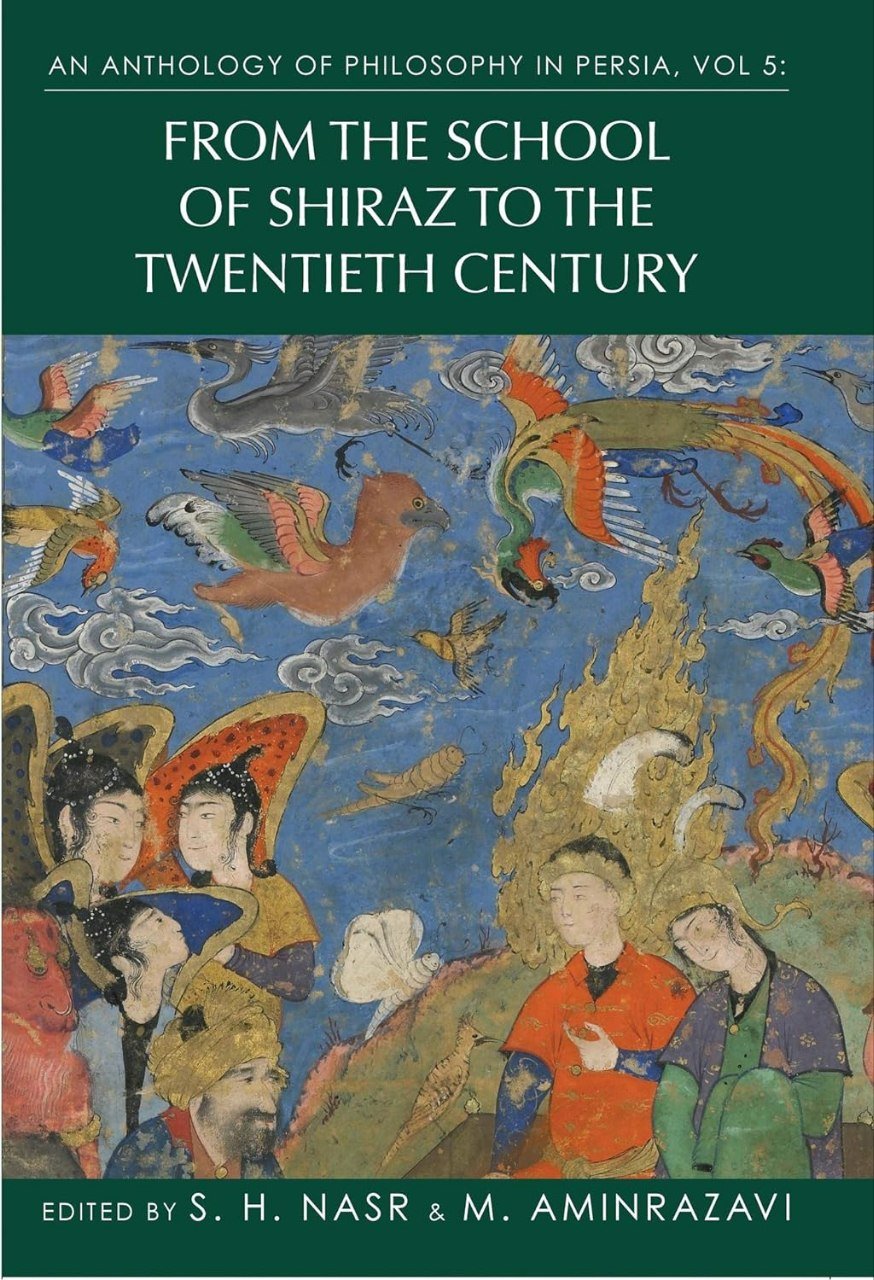

The Elementary Forms of Religious Life by Émile Durkheim
Reviews
No review yet. Be the first to review this book!
Description
The Elementary Forms of Religious Life by Émile Durkheim is a foundational text in sociology and the study of religion. Published in 1912, this work examines the origins and functions of religion in society by analyzing the most basic, "elementary" forms of religious life among Australian Aboriginal tribes. Durkheim uses these societies as a case study to understand the fundamental nature of religious belief and practice. Durkheim argues that religion is not just a set of beliefs about the supernatural but a social phenomenon that plays a critical role in uniting people into moral communities. He introduces the concept of the "collective effervescence," where communal gatherings reinforce social solidarity and shared values. For Durkheim, the sacred and the profane represent the central distinction in religious life, and through rituals and symbols, societies affirm their collective identity and cohesion. This groundbreaking work lays the foundation for understanding religion as a social institution that shapes collective life, rather than purely an individual belief system. The Elementary Forms of Religious Life continues to influence sociology, anthropology, religious studies, and philosophy, offering key insights into how shared beliefs and practices maintain social order and meaning.



 May 03, 2025
May 03, 2025

 May 03, 2025
May 03, 2025









 May 03, 2025
May 03, 2025





.jpeg)

.jpg)


.jpeg)










.jpg)
.jpg)

.jpg)
.jpeg)
.png)


.jpg)





.jpg)
.jpg)






.jpeg)

















.jpeg)







.jpg)




















































